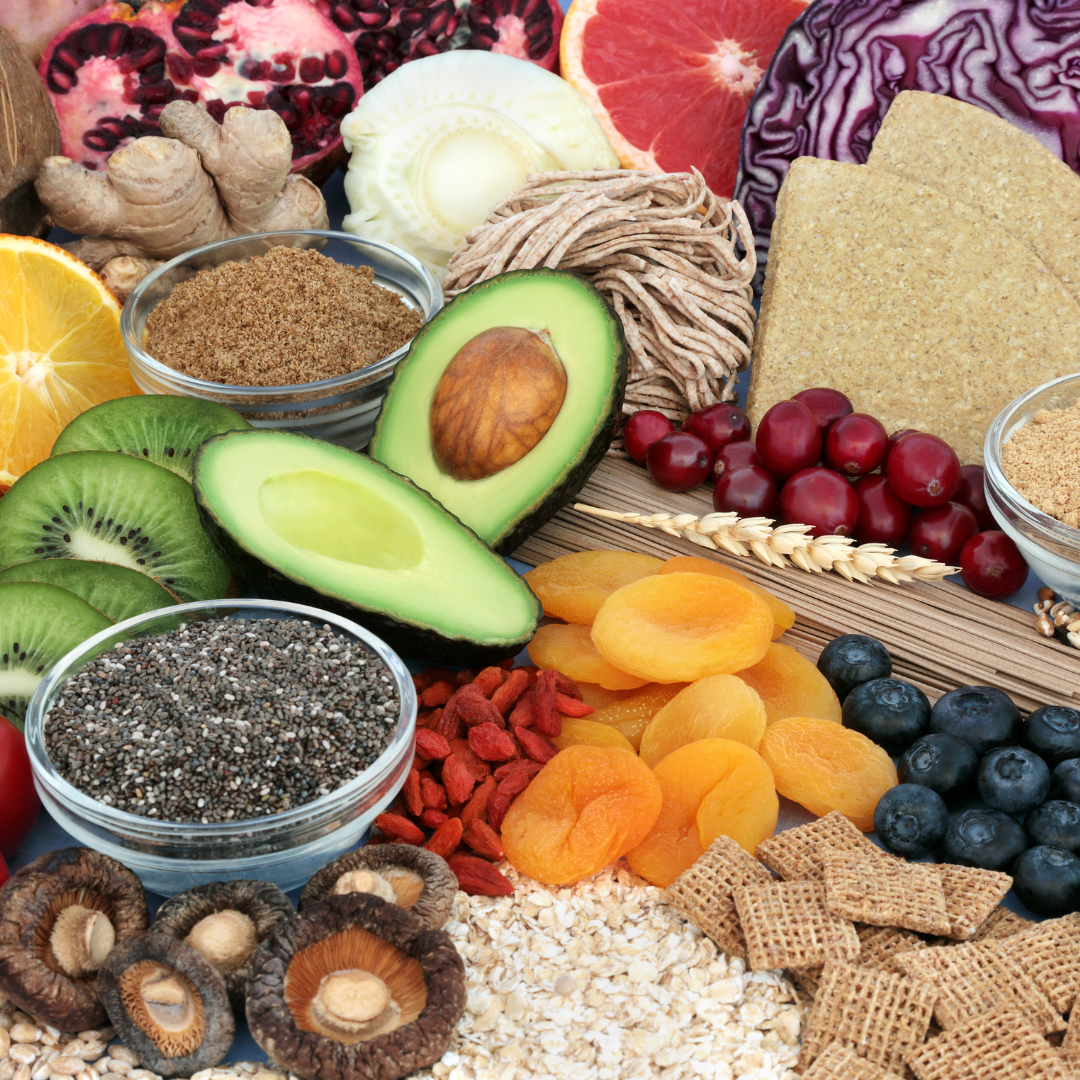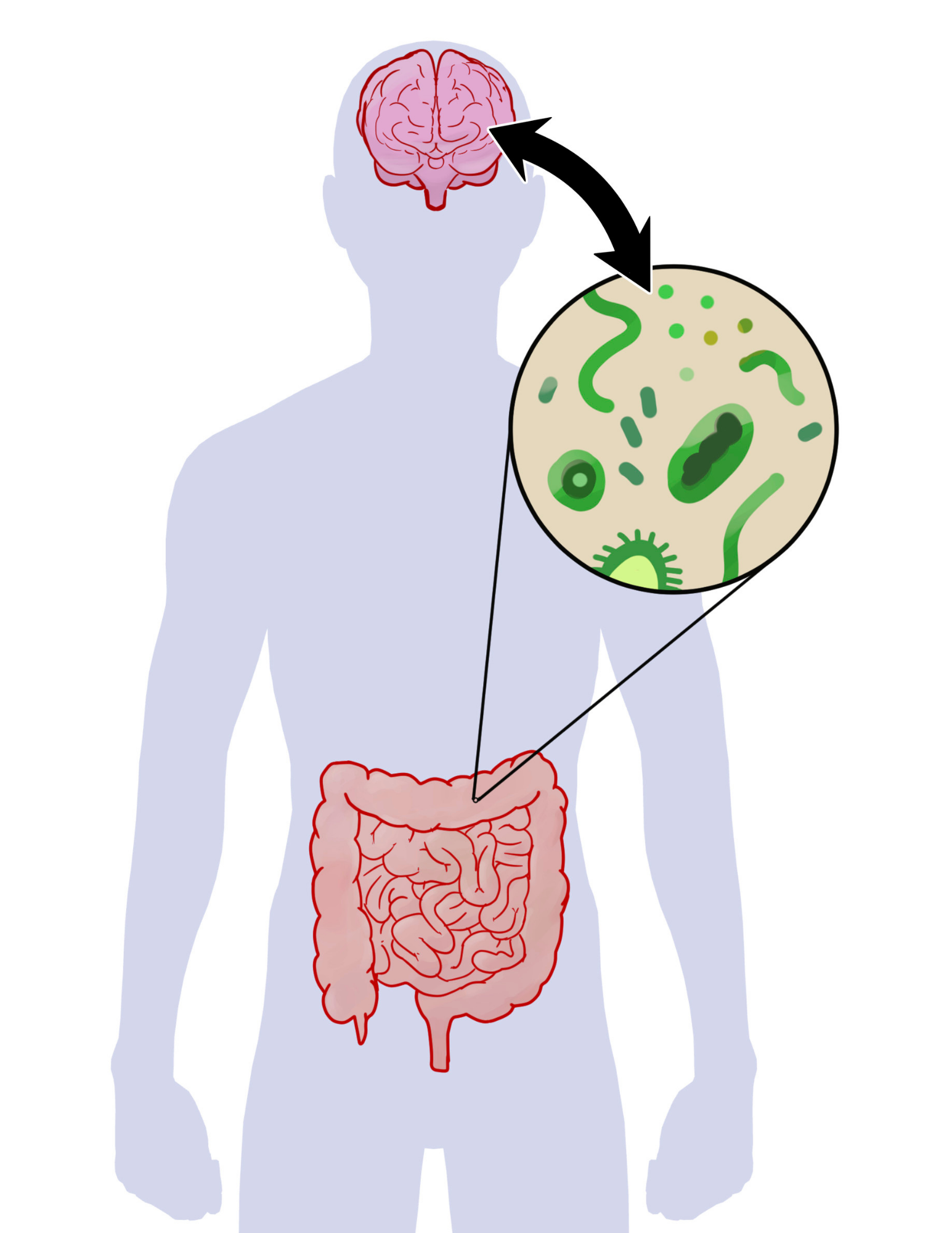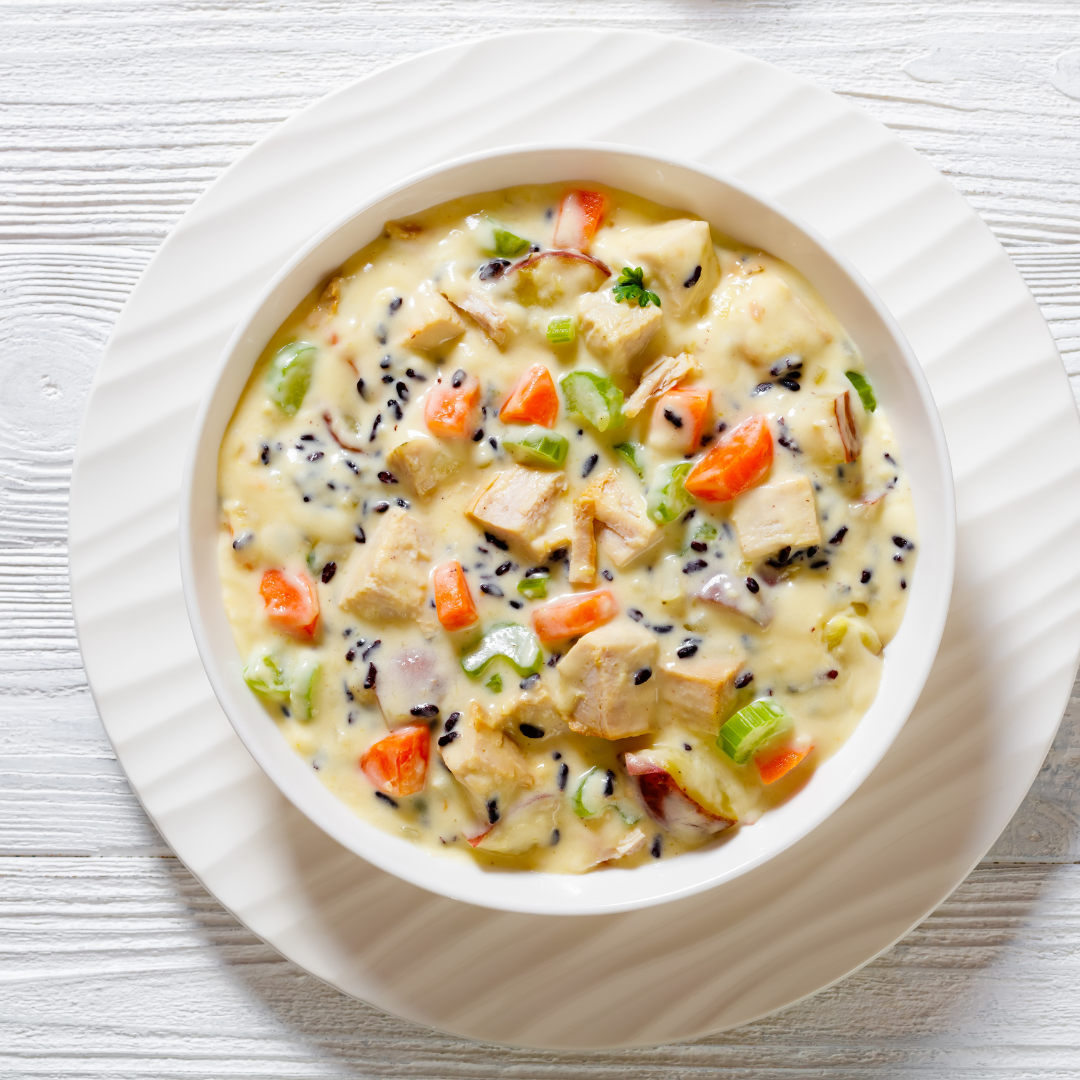Wasabi-Marinated Steaks
The wasabi marinade will bring out the grass-fed beef's flavor and make it more tender. Try to marinate for at least 4 hours and up to 8 hours. The anti-inflammatory additions to this marinade can help to reduce any negative effect of cooking or grilling, but still make an effort to avoid burning or causing char. Ingredients: ¼ c. rice wine vinegar 2 T. soy sauce 2-4 cloves garlic, minced 1 ½ t. freshly grated ginger 1 T. powdered wasabi powder 3 lbs. strip steak or filet, grass-fed organic Directions: In a bowl, combine all ingredients until dissolved. Put steaks in a glass dish or stainless-steel pan (not plastic). Add marinade and coat. Cover and refrigerate for 4 hours or longer, turning occasionally. Grill or pan-sear steaks,...











